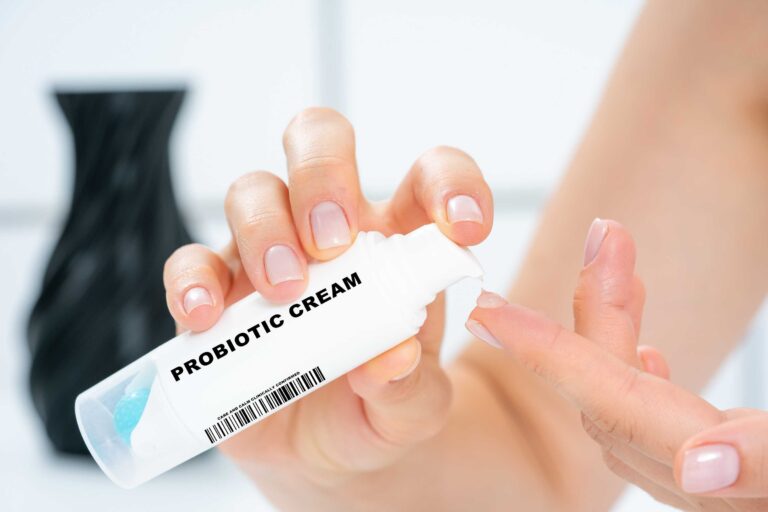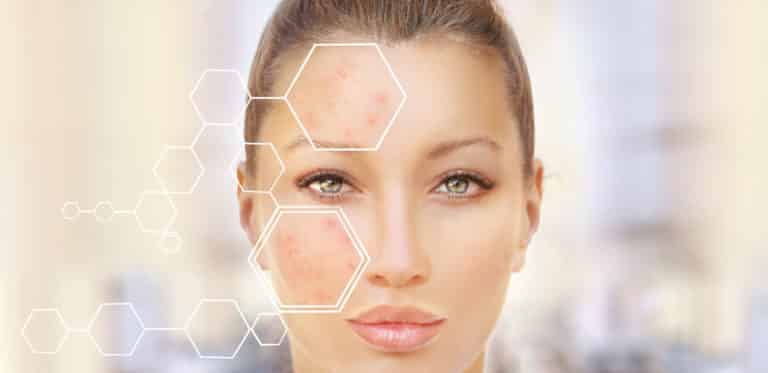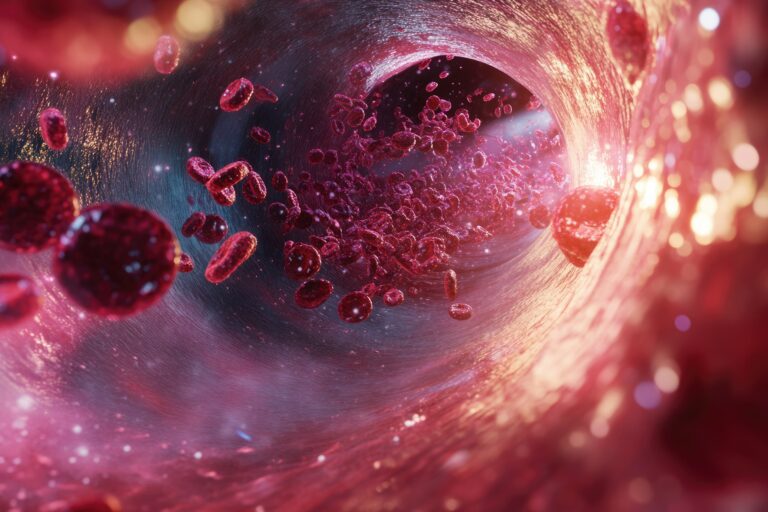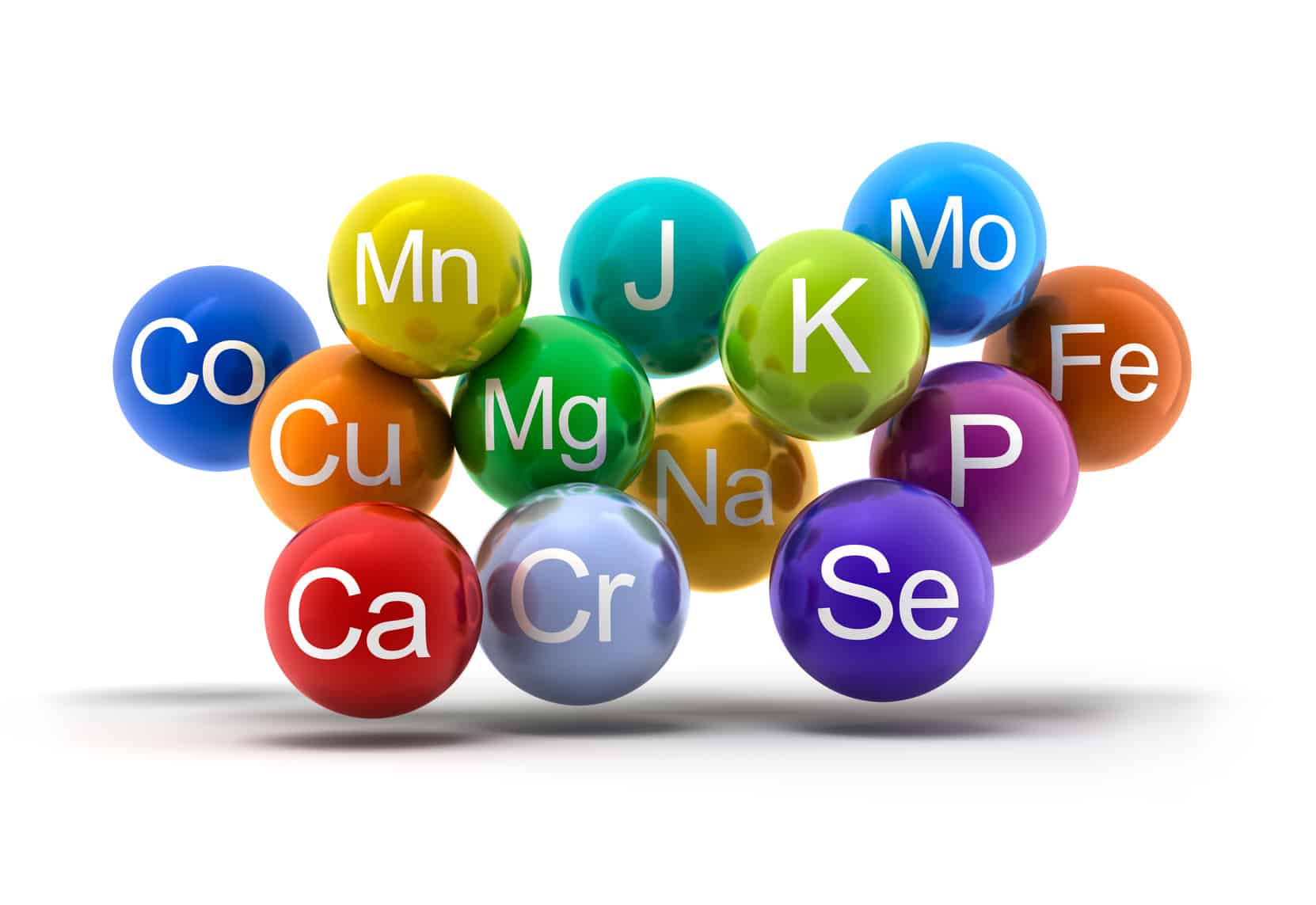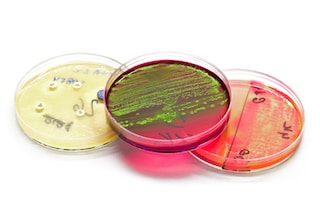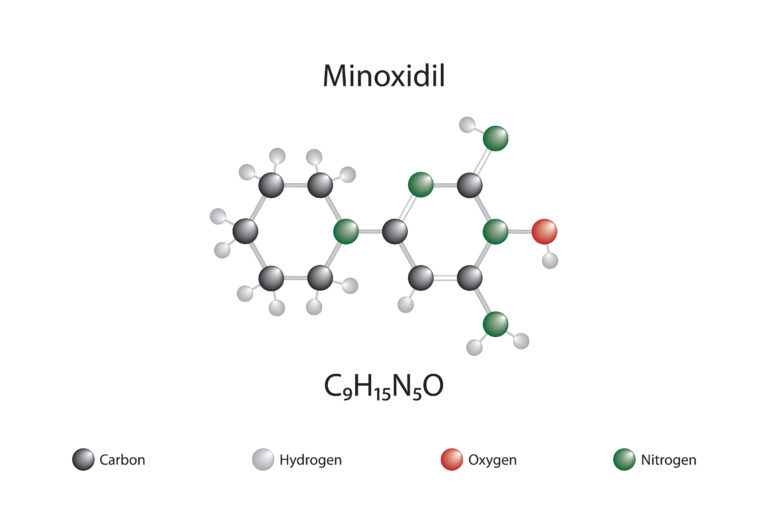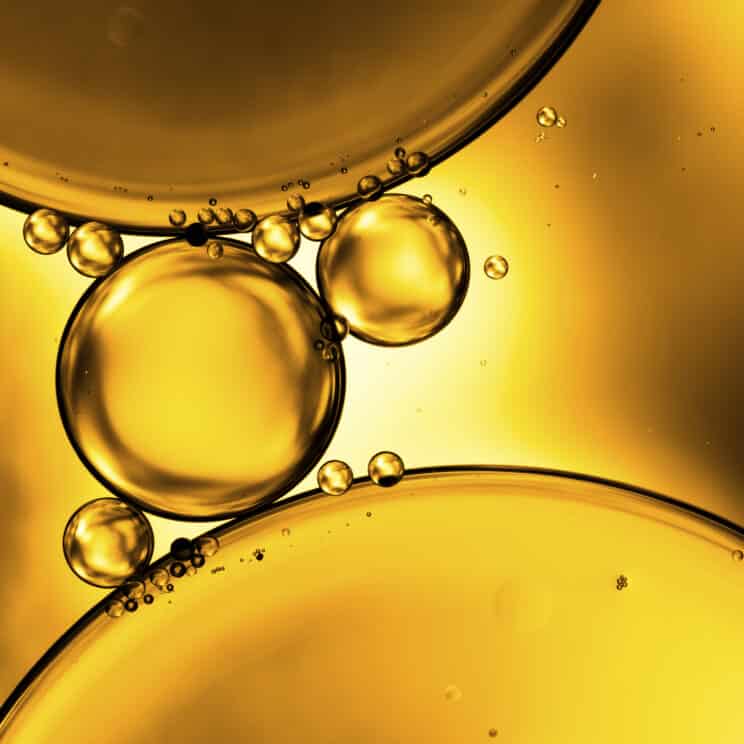Methylsulfonylmethane
When we think of sulphur, we usually immediately think of various unpleasant smells from chemistry lessons. But the fact that sulphur also exists in other forms and is even suitable for beauty care is not so well known. The most interesting example is methylsulfonylmethane (MSM), also called dimethylsulphone. The substance is found in many plant…
Microbiome skincare: How the skin ecosystem is strengthened
Abstract The cosmetics industry is increasingly using ingredients of microbial origin to specifically support the skin ecosystem. Microbiome skincare aims to stabilise the balance of microorganisms living on the skin, thereby improving skin condition, well-being and appearance. Cosmetic formulations with probiotic lysates can – despite natural exfoliation and constant stress – provide stimuli that promote…
Microbiota
The terms microbiota and microbiome describe, in a narrow sense, the totality of all microorganisms that colonise a living being. In humans, the microbiota consists of bacteria and fungi. When a foetus grows in utero, it is still largely free of microorganisms. However, this changes at birth, when the newborn comes into contact with its…
Microcirculation: The key to healthy, radiant skin
Introduction Microcirculation is a fundamental component of our skin health, but it is often underestimated. It describes the flow of blood through the smallest vessels in our body, known as capillaries. These delicate structures have a diameter of only 5 to 8 micrometres and enable the direct exchange of oxygen, nutrients and metabolic products between…
Microemulsions
Definition and properties of microemulsions In 1943 the first microemulsions were produced by HOAR & SCHULMAN. They first described the formation of stable, optically clear, liquid systems after adding an alcohol to a defined mixture of water, oil and a soap. In 1959, SCHULMAN et al. then coined the term microemulsion for such systems. Microemulsions…
Micronutrients – “nature’s little miracles”
What do we mean by micronutrients? Nutrients enable the body to run smoothly through all metabolic processes and thus make a positive contribution to health. They enter our body through the food we eat. A distinction is made between macro- and micronutrients. Macronutrients such as proteins, carbohydrates, and fats act as energy suppliers for our…
Microorganisms
Microorganisms, also known as germs, are animal or plant microscopic organisms that are invisible to the naked eye. Microorganisms include bacteria, viruses, protozoa and fungi. They can exist as vegetative forms, characterised by metabolic activity, or as spores, which are their permanent form. These carry genetic material but do not carry out any metabolism. Microorganisms…
Migrating and its significance in cosmetic packaging
The development and safety of modern cosmetic products depends not only on innovative formulations, but also on the right packaging. This is because complex interactions can occur between the contents and the packaging material, which are summarised under the terms diffusion, sorption, migration and permeation. Migration in particular plays a central role in the cosmetics…
Minoxidil-like active ingredients
Introduction Minoxidil is a well-known active ingredient used to treat hair loss. In this article, we take a look at minoxidil, how it works and why it should not be used in cosmetics. We also present some minoxidil-like active ingredients that have been tested for their effectiveness in promoting hair growth. What is minoxidil?…
Moah, Mosh
Time and again, mineral oils from newspaper inks or cardboard packaging end up in food or cosmetic products as part of the recycling process. In this context, a distinction is made between three compounds: MOAH stands for the abbreviation “Mineral Oil Aromatic Hydrocarbons”. These mineral oils consist of 15 to 20 percent aromatic hydrocarbons. MOSH,…

